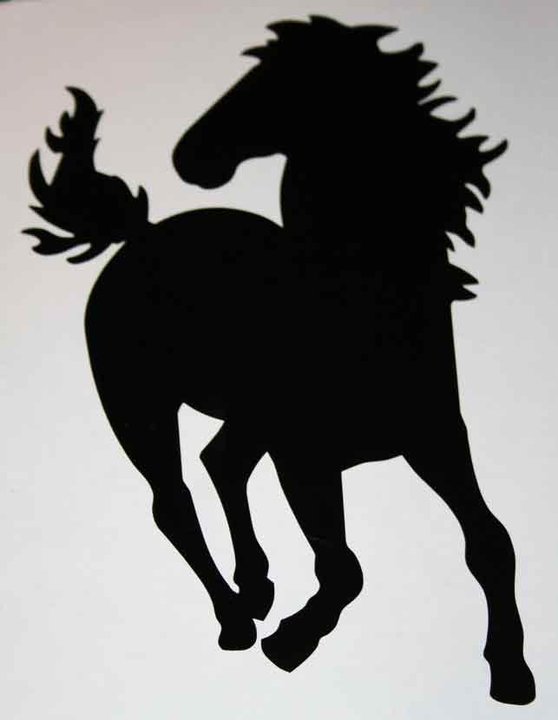Where never Lark, or even Eagle flew
29 June 2006
What kind of work environment is this man. The sink's leaking, only 1/3 of the air-con works, the ice-cream container/display is falling apart literally!! What more can I ask.
Anyway(remember, there's no 'S' in anyway), blogging in quite redundant. No one ever says anything. I guess its because of the very fact that blogging is but one-way conversation that makes it so boring and therefore hard to keep up.
I am but not very creative when it comes to literary works. Bah. So what. Heh.
20 June 2006
The next time you are washing your hands and complain because the
water temperature isn't just how you like it, think about how things
used to be. Here are some facts about the1500s:
Most people got married in June because they took their yearly bath in
May, and still smelled pretty good by June. However, they were
starting to smell, so brides carried a bouquet of flowers to hide the
body odor. Hence the custom today of carrying a bouquet when getting
married.
Baths consisted of a big tub filled with hot water. The man of the
house had the privilege of the nice clean water, then all the other
sons and men, then the women and finally the children. Last of all the
babies. By then the water was so dirty you could actually lose someone
in it. Hence the saying, Don't throw the baby out with the Bath
water..
Houses had thatched roofs-thick straw-piled high, with no wood
underneath. It was the only place for animals to get warm, so all the
cats and other small animals (mice, bugs) lived in the roof When it
rained it became slippery and sometimes the animals would slip and
fall off the roof. Hence the saying . It's raining cats and dogs.
There was nothing to stop things from falling into the house.. This
posed a real problem in the bedroom where bugs and other droppings
could mess up your nice clean bed. Hence, a bed with big posts and a
sheet hung over the top afforded some protection. That's how canopy
beds came into existence.
The floor was dirt. Only the wealthy had something other than dirt.
Hence the saying, Dirt poor. The wealthy had slate floors that would
get slippery in the winter when wet, so they spread thresh (straw) on
floor to help keep their footing. As the winter wore on, they added
more thresh until, when you opened the door, it would all start
slipping outside. A piece of wood was placed in the entranceway. Hence
the saying a thresh hold.
(Getting quite an education, aren't you?)
In those old days, they cooked in the kitchen with a big kettle that
always hung over the fire. Every day they lit the fire and added
things to the pot. They ate mostly vegetables and did not get much
meat. They would eat the stew for dinner, leaving leftovers in the pot
to get cold overnight and then start over the next day. Sometimes stew
had food in it that had been there for quite a while. Hence the rhyme,
Peas porridge hot, peas porridge cold, peas porridge in the pot nine
days old..
Sometimes they could obtain pork, which made them feel quite special.
When visitors came over, they would hang up their bacon to show off.
It was a sign of wealth that a man could, bring home the bacon. They
would cut off a little to share with guests and would all sit around
and chew the fat..
Those with money had plates made of pewter. Food with high acid
content caused some of the lead to leach onto the food, causing lead
poisoning death. This happened most often with tomatoes, so for the
next 400 years or so, tomatoes were considered poisonous.
Bread was divided according to status. Workers got the burnt bottom of
the loaf, the family got the middle, and guests got the top, or the
upper crust.
Lead cups were used to drink ale or whisky. The combination would
sometimes knock the imbibers out for a couple of days. Someone walking
along the road would take them for dead and prepare them for burial.
They were laid out on the kitchen table for a couple of days and the
family would gather around and eat and drink and wait and see if they
would wake up. Hence the custom of holding a wake.
England is old and small and the local folks started running out of
places to bury people. So they would dig up coffins and would take the
bones to a bone-house, and reuse the grave. When reopening these
coffins, 1 out of 25 coffins were found to have scratch marks on the
inside and they realized they had been burying people alive. So they
would tie a string on the wrist of the corpse, lead it through the
coffin and up through the ground and tie it to a bell. Someone would
have to sit out in the graveyard all night (the graveyard shift.) to
listen for the bell; thus, someone could be, saved by the bell or was
considered a .dead ringer..
And that's the truth...Now, whoever said History was boring ! ! !
Educate someone. Share these facts with a friend
So this is.. War? (Tsk..)

Eph 6:10-17 (NIV) ...Be strong in the Lord and in his mighty power. Put on the full armour of God so that you can take your stand against the devil's schemes. For our struggle is not against flesh and blood, but against the rulers, against the authorities, against the powers of this dark world and against the spiritual forces of evil in the heavenly realms. Therefore put on the full armour of God, so that when the day of evil comes, you may be able to stand your ground, and after you have done everything, to stand. Stand firm then, with the Belt of Truth buckled round your waist, with the Breastplate of Righteousness in place, and with your feet fitted with the readiness that comes from the Gospel of Peace. In addition to all this, take up the Shield of Faith, with which you can extinguish all the flaming arrows of the evil one. Take the Helmet of Salvation and the Sword of the Spirit, which is the word of God.
04 June 2006

Having a 'purpose', an intent to reach an end is important. It provides direction and a focus on what to achieve or work towards. When one has purpose but is without passion, putting 100% effort into the 'purpose' would be an uphill task, full of challenges and will most probably fail. (Just like how I fail Chinese all the way)
Hence having a 'passion' for the 'purpose' is also important, for one with passion but no purpose would be lost. One would put a great amount of effort and time into something he/she is passionate about. But without a direction, a focus, a plan, most of this efforts would be in naught.
Sigh, I need a purpose in life. Help. It was always;
A: Find a purpose first,
B: Become passionate about abovementioned purpose.
'A' is the main obstacle. For me, 'B' is never a problem if 'A' is worthy enough. Somehow I would be able to conjure and motive myself up to the task at hand.
Before this(ie: now), there was always something to achieve. Now I'm lost. Its just so profound. I need purpose, a direction, a goal. How?? How?? Sigh. Perhaps divine intervention is needed.
